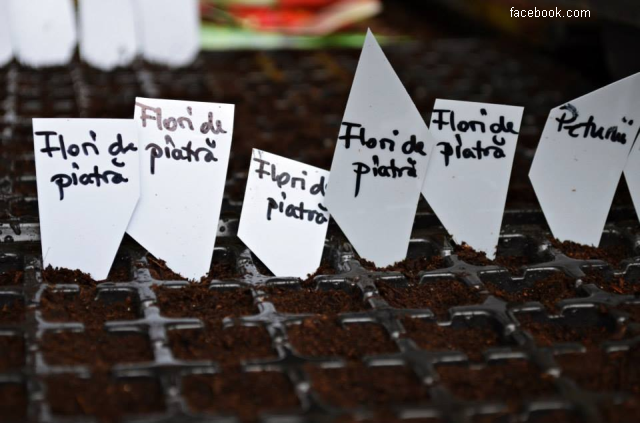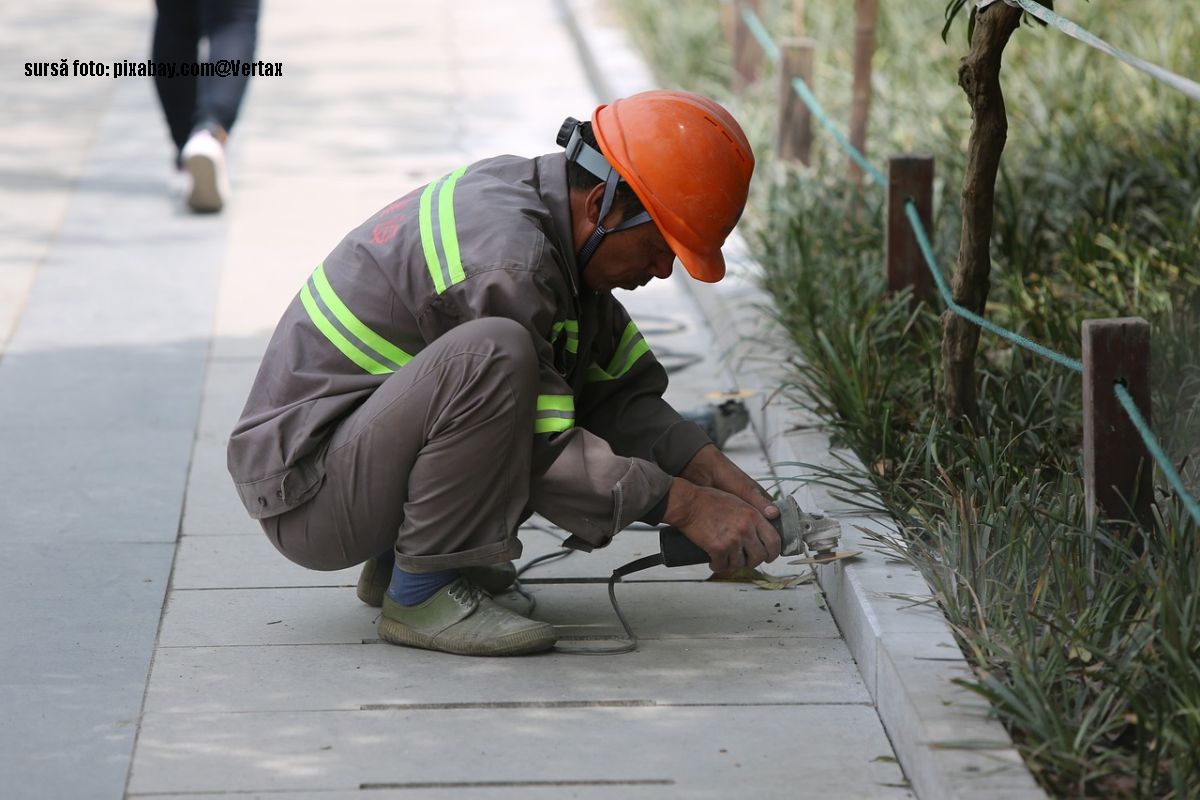Perception of the Common Agricultural Policy
The European Commission has again asked for the European citizens' opinion related to the changes brought to the Common Agricultural Policy.

România Internațional, 30.04.2014, 13:24
One of the oldest initiatives in the EU’s history, dating back to the early 1960s, is the Common Agricultural Policy-CAP. Meant to help farmers produce foodstuffs and also to protect the environment, to improve the well being of animals and to support viable rural communities, the CAP has had its content changed a couple of times along the years, for the sake of adaptation. The most recent reform of the CAP targets the period 2014-2020 and it was preceded by a large-scale public survey. Now, after its launch, the European Commission once again asked for the European citizens’ opinion related to the changes brought to the Common Agricultural Policy. The Euro barometer drafted in this respect looks positive: more than 3 quarters (77%) of the Europeans believe that the CAP benefits all the EU citizens. Over 90% of them are in favor of the main directions of the new CAP, such as more equitable and better targeted aid for farmers as well as establishing a link between the financial aid granted to farmers and using environmental-friendly farming practices.
For Romanians, agriculture is vital. 92% of them believe that agriculture and the rural areas are important to Romania’s future and 78% of Romanians think that the CAP brings benefits to all Europeans, not only to farmers. Actually, those data, which are extremely favorable to the CAP, are part of a favorable trend for all EU institutions, as we have found out from Diana Filip, the coordinator of the Europe Direct Center in Bucharest:
“Romanians are still optimistic about the direction the EU is heading for and about to the EU’s policies implemented and the results it has managed to obtain. Almost half of the Romanian respondents believe that the EU is going in the right direction in order to overcome the crisis. 63% of them are optimistic with regard to the EU’s development. 11% say they are very optimistic and have a positive perception of the European policies as a whole, as well as of the European legislation that is being enforced in our country.”
As in most of the Euro barometers related to the citizens’ perception of the community institutions, the level of general knowledge is good enough. But if you go into details, you’ll discover that some information is missing. For instance, asked if they heard about the support granted by the EU to farmers through the CAP, 45% of the respondents said yes without knowing the details, while 36% said they had never heard of it.
In this case, statistics are not far from reality, as Szocs Attila, a member of Ecoruralis, an association of peasants doing organic and traditional farming, says:
“When I look at these figures, I can see that, all in all, the Europeans, be they farmers or not, are satisfied with the way in which the reform was conceived. Our association members go from village to village and talk to the small producers there. And we find out that, although people know many aspects of the CAP, the young villagers don’t know much about it. So, we can conclude that Romania’s young farmers still don’t know about all the opportunities offered by Europe”.
However, 62% of Romanians believe that granting young people financial support is a very good thing. Also, supporting farmers according to a more equitable and better conceived plan is perceived as very good by 54% of Romanians, while 52% of them say they are very pleased that farmers who apply environment-friendly measures get financial support. However, Szocs Attila says that there is a gap between the citizens’ perception and what local officials actually do.
“Unfortunately, although there is political will at a European level to help rural areas grow and develop, at government level, policies seem to run counter to that will. Even if the idea that the Common Agricultural Policy (CAP) could be of help is generally accepted, nation-wide bureaucracy hampers the farmers’ development. So young people eventually lose hope. We have lots of depopulated villages, young people who leave the country to work as seasonal workers, although back home they have land and parents who could teach them how to run a farm.”
Before managing to curtail bureaucracy and develop a better information campaign, Romania can develop its organic farming potential. Szocc Atilla again:
“One of the goals of the CAP was to be greener. In Romania, those who manage to be the greenest are small farmers who cannot and do not want to use chemicals. In this way, they manage to get the closest they can to the new trend that’s been developing in Europe, the so-called eco-farming or organic farming. Romania has lots of areas that are good for green farming. People who have already got some experience in both traditional and organic farming are ready to provide high quality products. The approach to agriculture should change. Instead of focusing on productivity, it should become an integrated kind of agriculture, taking into consideration environmental protection and the social and economic background as well. We should invest in the development of rural areas, and in rural development in general.”
One initial draft of the National Rural Development Plan for 2014 — 2020 was submitted to the European Commission for negotiations in late March. Among the measures envisaged, those regarding incentives for young farmers and ecologization, are more visible than before, in line with the new CAP. The fact that 2014 is the International Year of Family Farming could be auspicious for the 4.5 million small farmers that are still work-able in Romania.






























